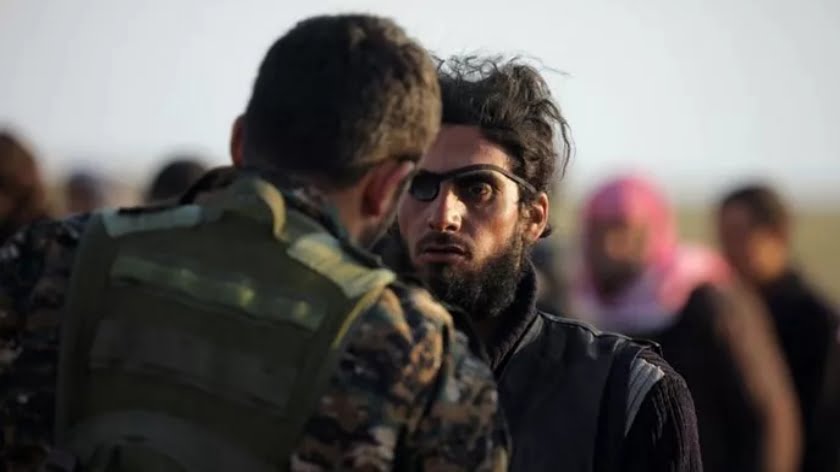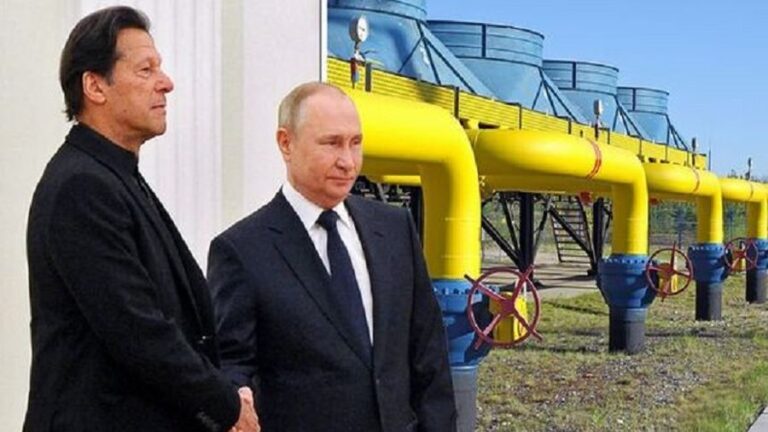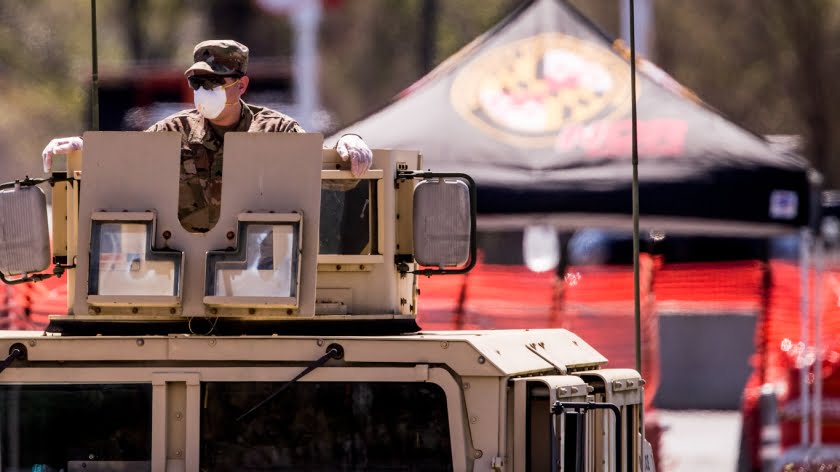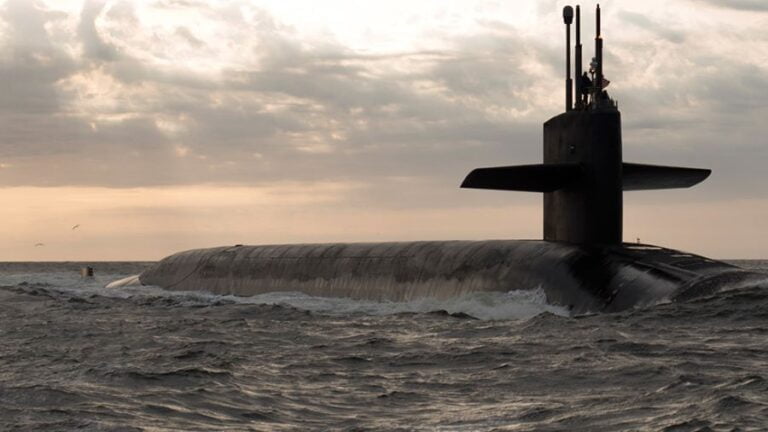Is Abu Bakr al-Baghdadi Hiding in Baghuz? Where Does ISIS Go Now?
President Donald Trump will not be able to declare victory over ISIS in the next days because there are still between 1000 to 1500 militants and Emirs in Baghuz, a city bordering the Euphrates river. It is obvious these militants are not ready to surrender but most likely will fight to death, unless a deal is made – as happened before in Jarablus, Raqqah and Dabiq – to transfer them to another location. There are strong indications suggesting the presence of top leadership individuals in Baghuz, including Abu Bakr al-Baghdadi.
Following a deal reached between ISIS and the US forces in Baghuz, the Kurdish forces engaged in a battle against ISIS in the area allowed civilians, ISIS families, wounded and ISIS fighters willing to surrender to leave the surrounded city.
According to a high ranking Iraqi official in the military Intelligence services, “there are strong indications ISIS top ranking leaders are in the city, probably including Abu Bakr al-Baghdadi”.
The source relies on intelligence information collected from Iraqis in Baghuz collaborating with Iraqi intelligence services. According to the source, “there is a serious shortage of food and medicine in Baghuz forcing ISIS leadership to reduce the burden by asking civilians and families of militants to leave. The 1000 or 1500 militants remaining in the city can survive longer rationing what is left and are ready to fight to the death. Fighters get used to bombing and ISIS has enough experience in tunnel digging and the setup of underground shelters for command and control leadership and fighters to wait out an infantry assault”.
The exit of civilians offers more freedom for artillery and air force bombing because it reduces civilian casualties. The departure of all civilians will be achieved in the next several days. Then, the assault against the city will resume.
The source reports that ISIS leader al-Baghdadi has not made any audio broadcasts since August last year. If he were outside the city, he would likely be sending supportive messages to encourage those among his men who have decided to fight and hold ground until death. If he is killed, wounded or incapable of moving out of his hiding hole, he won’t be send any messages. The same would apply if he is among those surrounded in the Syrian city of Baghuz.
Media claim US-Coalition forces have discovered beheaded Yazidi women at Baghuz outskirt that most probably were sex-slaves captured in Iraq. Such mass murders can only have been triggered by ISIS religious leadership who have given orders to burn and kill everything that could distract militants from fighting or in fear of seeing women they regard as theirs claimed by the enemy. During Jahiliyyah (the pre-Islamic Arabia days of ignorance-0), it is said that Arabs used to entomb their women alive (the word in Arabic is: wa’ed) before any war for fear of seeing their women captured by the enemy. Thus, the exit of militants’ families gives more incentives for the ISIS fighters who remain in Baghuz to fight until death, making it possible for them to move between positions and stay with their groups without the need to check at home after every bombing.
ISIS families said to media “they were expecting the UN to look after them once they leave Baghuz. But these, on their exit from Baghuz, found Kurds fighters who looked after them and transferred them to Qamishli for scrutiny and interrogation.
Trump doesn’t want to keep ISIS families and militants under the protection of his occupation forces. Those who fled from Baghuz number about 20,000. Iraq doesn’t mind taking back its own nationals. The Iraqi tribunal is very busy dealing with ISIS members and their families; many have been condemned to death or to life in prison, depending on their involvement with ISIS and their crimes committed against the Iraqi people. Thousands of these are foreigners, from over 64 nationalities. ISIS has committed massive crimes against Iraqis and Syrians. For example, in the Speicher massacre 1700 Iraqi cadets were killed by local tribes who joined ISIS after the fall of Mosul. Another massacre was discovered in Raqqah, where over 3500 bodies were found. ISIS killed tens of thousands of Iraqis and Syrians over the last four years of its governance.
The Iraqi Intelligence Unit dedicated to eliminating ISIS is very active in Iraq. It has arrested top ISIS leaders in recent days and dismantled the ISIS financial network worth hundreds of millions of dollars. ISIS operates many businesses to keep the cash flowing so as to be ready to invest in another uprising when the opportunity arises.
The battle to defeat ISIS will come to an end when ISIS loses its last stronghold in Syria. It is true that the Iraqi Counterterrorism unit, the Iraqi Army, the Federal Police, the Iraqi intelligence service and al-Hashd al-Shaabi are today stronger than ever and on alert against the re-emergence of ISIS or splinter or similar new groups. The time between 2010 and 2014 when the various security services were relaxed and disorganised is over and that the society that offered shelter to ISIS is no longer compact and ready to fall into the same trap again.
Nevertheless, Iraqi Intelligence services have noticed that most ISIS arrested or killed were directed towards the northern city of Mosul, where the first upraising started in 2014 and where all Sunni groups – not only ISIS – expelled Iraqi government forces. Mosul is home to the al-Had’ba’ Mosque where Abu Bakr al-Baghdadi announced his so-called Caliphate.
Even if Baghdadi is killed, the group will not cease to exist. Abu Musab al-Zarqawi and then Abu Omar al-Baghdadi both led the group and were killed. Another leader will come forward even if the group needs some time to gather what remains of its leadership to elect a new leader, unless the same Baghdadi has already suggested a potential leader.
Baghdadi’s demise in Baghuz will give Trump a victory he and his propaganda machine around him are expected to capitalise on even if he doesn’t deserve it. ISIS held territory in the south of Syria, in Suweida, in Yarmouk, on the Lebanese-Syrian borders, in al-Qalamoun, in rural Hama, in Palmyra, in al-Badiya, in Deir-ezzour, al-bu Kamal, and along the west bank of the Euphrates. In all these areas, it was removed and defeated by the Syrian Army and its allies.
East of the Euphrates, ISIS was given a safe haven for years under the watchful eyes of US-coalition forces and with the consent of Abu Ivanka al-Amriki (also known as Donald Trump). To the east of the Euphrates, the Kurds offered thousands of martyrs to clear the area of ISIS fighters. The victory over ISIS cannot be said to belong to the US establishment that played only a small role in fighting ISIS in Syria.
But is ISIS defeated? ISIS women coming out of Baghuz are now speaking publicly; it is striking to notice how proud these women are, emerging from ISIS last stronghold more defiant than ever, publicly using the same language they would use within the Caliphate. The ISIS slogan “Baqiya” (remaining) is present at their lips and their faith in the eventual victory of their men is robust. They still uphold the ideology of ISIS, an ideology that won’t die with Baghdadi but can be expected to persist for years to come.
By Elijah J. Magnier
Source: Elijah J. Magnier









Reblogged this on Uprootedpalestinians's Blog.
Reblogged this on penelopap.